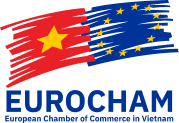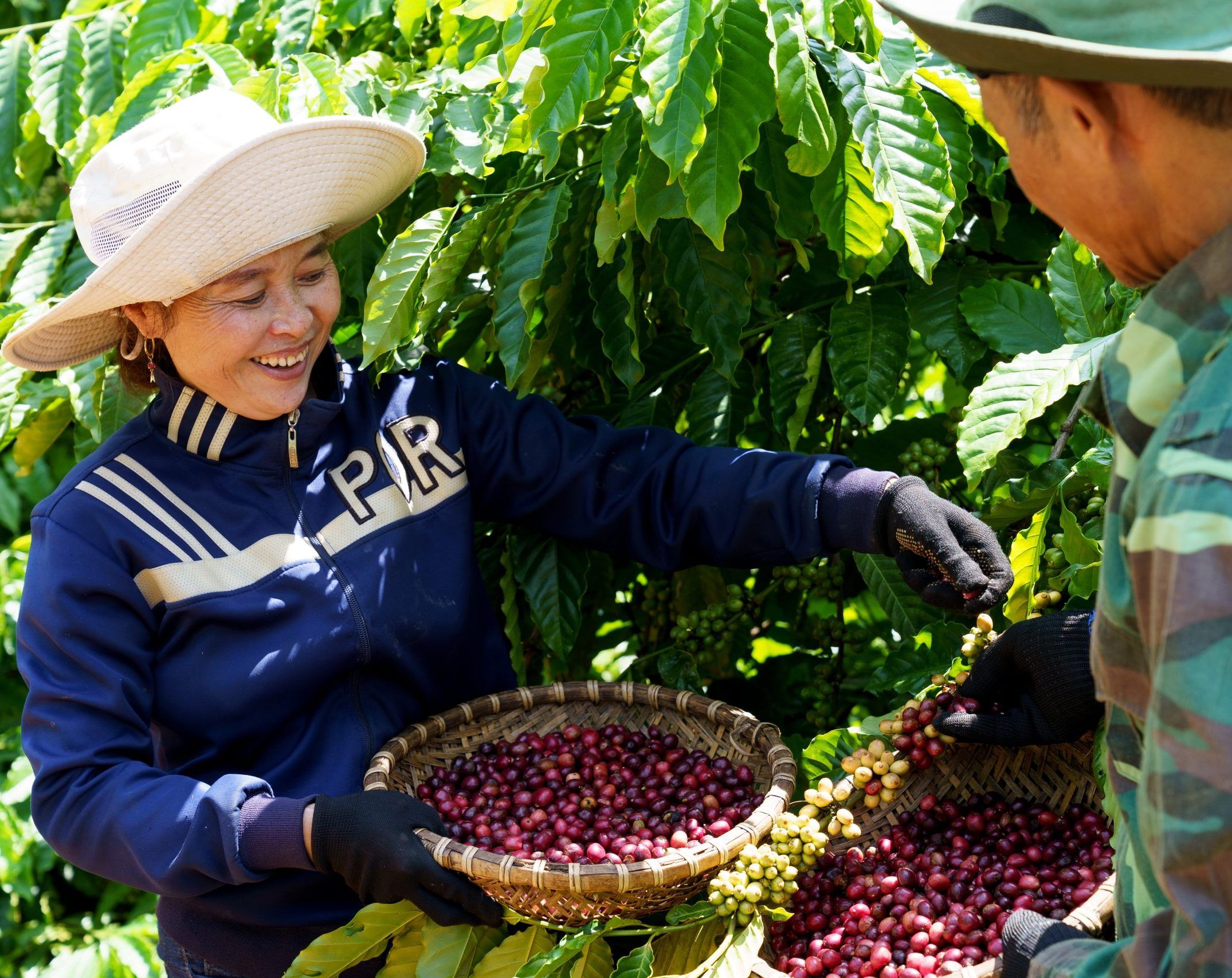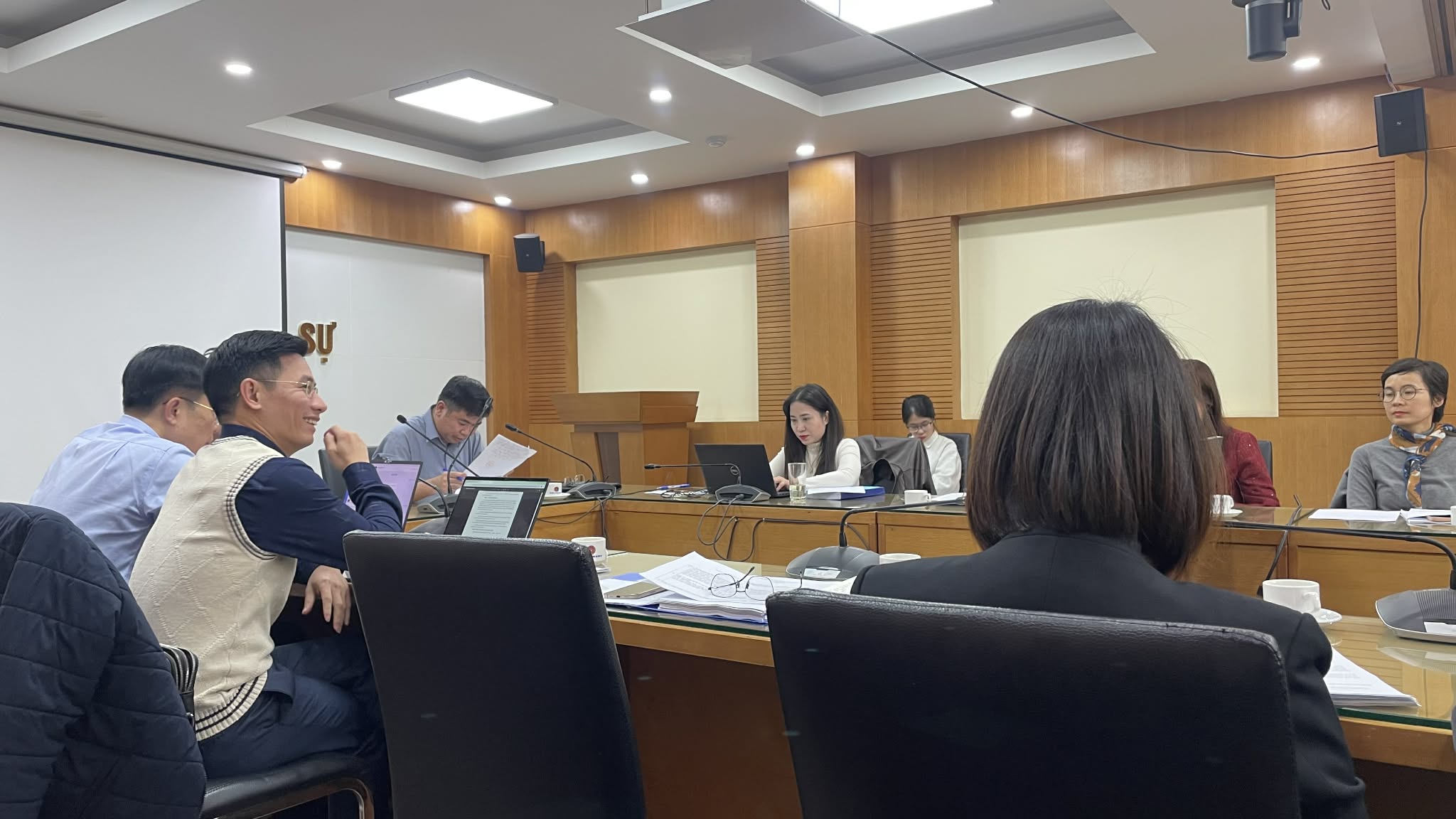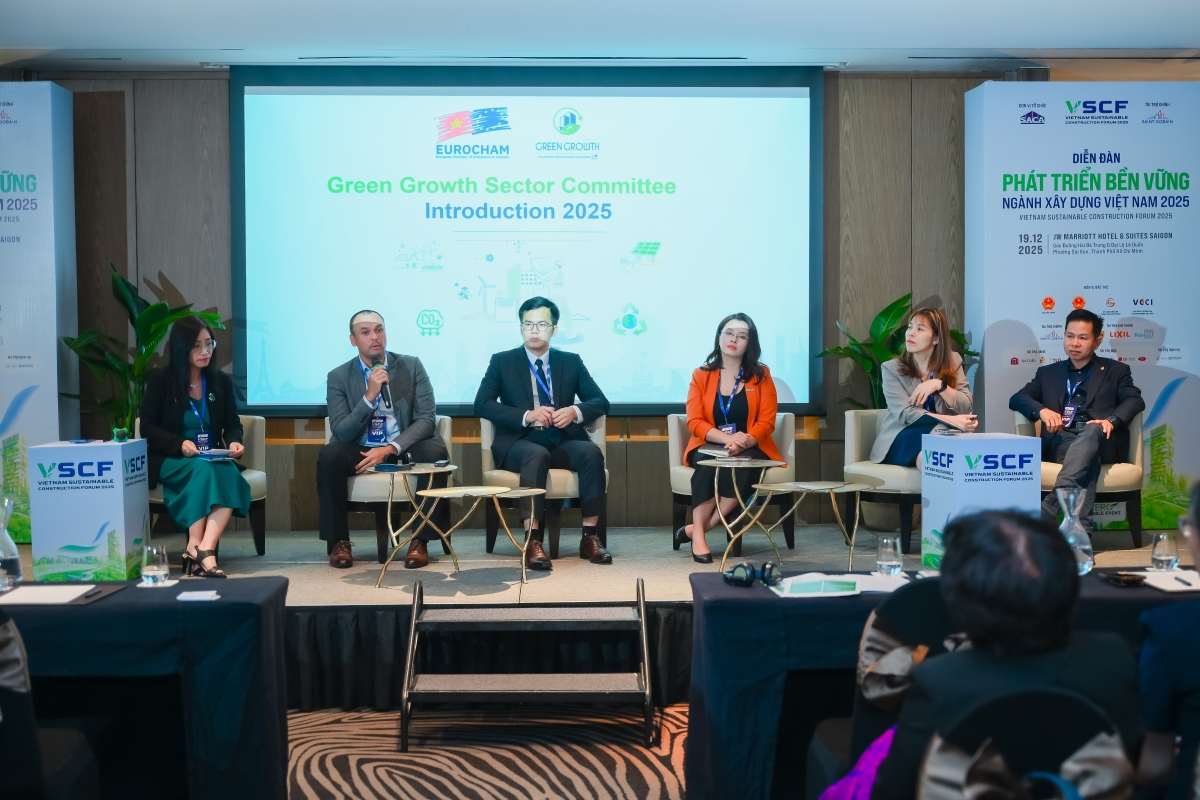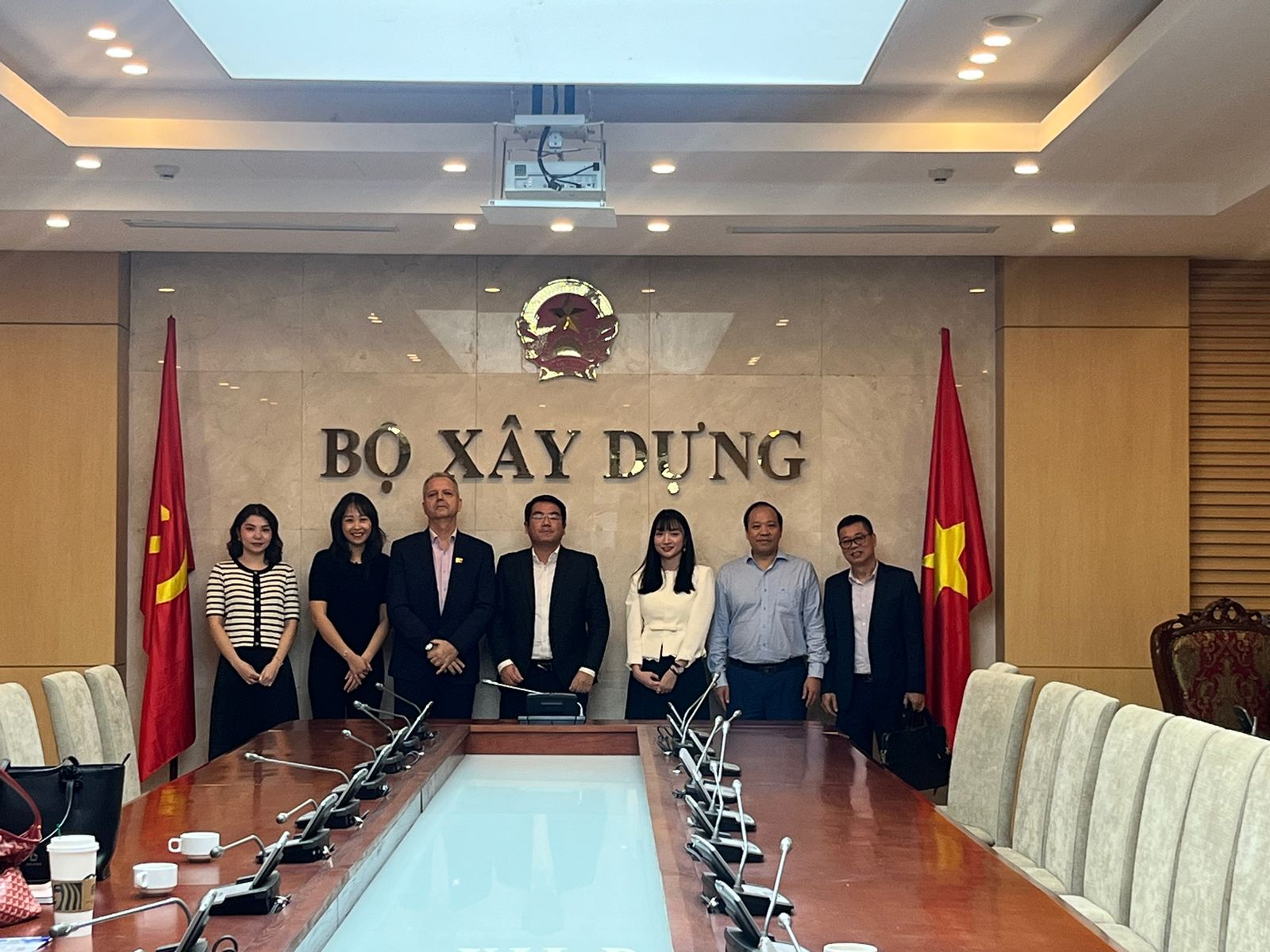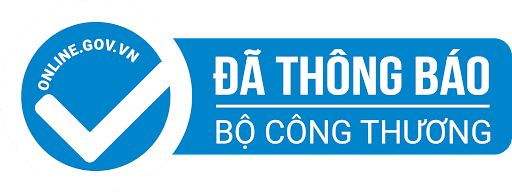Nestlé Vietnam helped organise a workshop on April 24 to discuss greenhouse gas (GHG) inventory and initiatives to help slash emissions across the supply chain sector.

The workshop was held as part of a cooperation agreement between Nestlé Vietnam and the Vietnam Business Council for Sustainable Development (VBCSD) under the Vietnam Chamber of Commerce and Industry (VCCI) and it aimed to assist businesses in carrying out their own GHG inventory and reducing emissions.
Over 140 representatives from Vietnam’s top supply chain, transportation, and logistics firms were in attendance. They engaged in discussion with a representative from VBCSD and experts from the Department of Climate Change (DCC) under the Ministry of Natural Resources and Environment, Department of Energy Efficiency, and Sustainable Development under the Ministry of Industry and Trade, Department of Science, Technology, and Environment under the Ministry of Transport, and other technical consulting units.
Business leaders in attendance were also updated on the commitments from both the international community and Vietnam, as well as any new pertinent regulations. They also received guidance on how to carry out inventory reports and perfect an emissions mitigation plan to help Vietnam achieve its net-zero goals by 2050. The majority of businesses are looking to develop an action plan to slash GHG emissions. However, many companies are experiencing difficulties in doing so.
Luong Quang Huy, head of GHG Emission Reduction and Ozone Layer Protection at the DCC said, “We believe that meaningful dialogue will serve as a bridge between regulatory bodies and businesses to share their thoughts on green transformation, emission-reduction regulations and technologies, and relevant management processes. This workshop is also an opportunity to work together to complete legal policies, promote climate change mitigation activities, and provide the best support for the sustainable development of businesses.”
Pham Hoang Hai of VBCSD’s Working Group on Partnership, said, “VBCSD and Nestlé Vietnam, a co-chair of VBCSD, have launched many meaningful programmes on partnership, exchange, and dialogue. We acknowledge the initiatives of Nestlé Vietnam to mitigate climate change, reduce GHG emissions, and contribute to the nation’s common goal. This event is also a superb opportunity for us to disseminate information and market requirements to the business community on emission reduction in the supply chain sector.”
“Since publishing the Nestlé Net Zero Roadmap in 2020, we have transformed our business to deliver reductions in GHG across all of Nestlé’s activities. We have developed different strategic approaches such as the Nestlé Forest Positive strategy, which aims to conserve and restore forests and natural habitats, while the Nestlé Agriculture Framework sets out our vision for a more regenerative food and farming system,” said Khuat Quang Hung, director of External Relations and Communications at Nestlé Vietnam, adding that Nestlé has also implemented initiatives and measures to reduce emissions throughout its transportation and logistics activities.

Nestlé Vietnam has pioneered action to promote a circular economy here, along with regenerative agriculture, innovation, and digital transformation towards a green and sustainable economy. In 2023, Nestlé signed an MoU with the Ministry of Agriculture and Rural Development on strengthening public-private partnerships to promote sustainable, regenerative, and low-emission agriculture through the Partnership for Sustainable Agriculture in Vietnam.
Both sides also kicked off an agroforestry and reforestation project in the Central Highlands with a view to planting and growing over 2.3 million forest and fruit trees.
Nestlé’s focus on digital transformation in transportation and logistics includes a smart-application initiative called Cargoo that connects manufacturers with importers and shipping lines to increase efficiency and reduce shipping costs. Another initiative is a smart application for warehouses and transportation management called Transportation Hub, which optimises order allocation to reduce emissions during transport.
Established in 1995, Nestlé Vietnam has consistently upheld the principles of sustainable development in its production and business activities. Last year marked the third year in a row that Nestlé has been recognised by the VCCI as being among the most sustainable businesses in Vietnam’s manufacturing sector.
Disclaimer: The above advertisements and sponsored content are paid promotions and do not necessarily reflect the views or opinions of EuroCham Vietnam. While we value all of our advertisers, we do not endorse or evaluate any products, services, claims or other information presented in paid advertisements.
